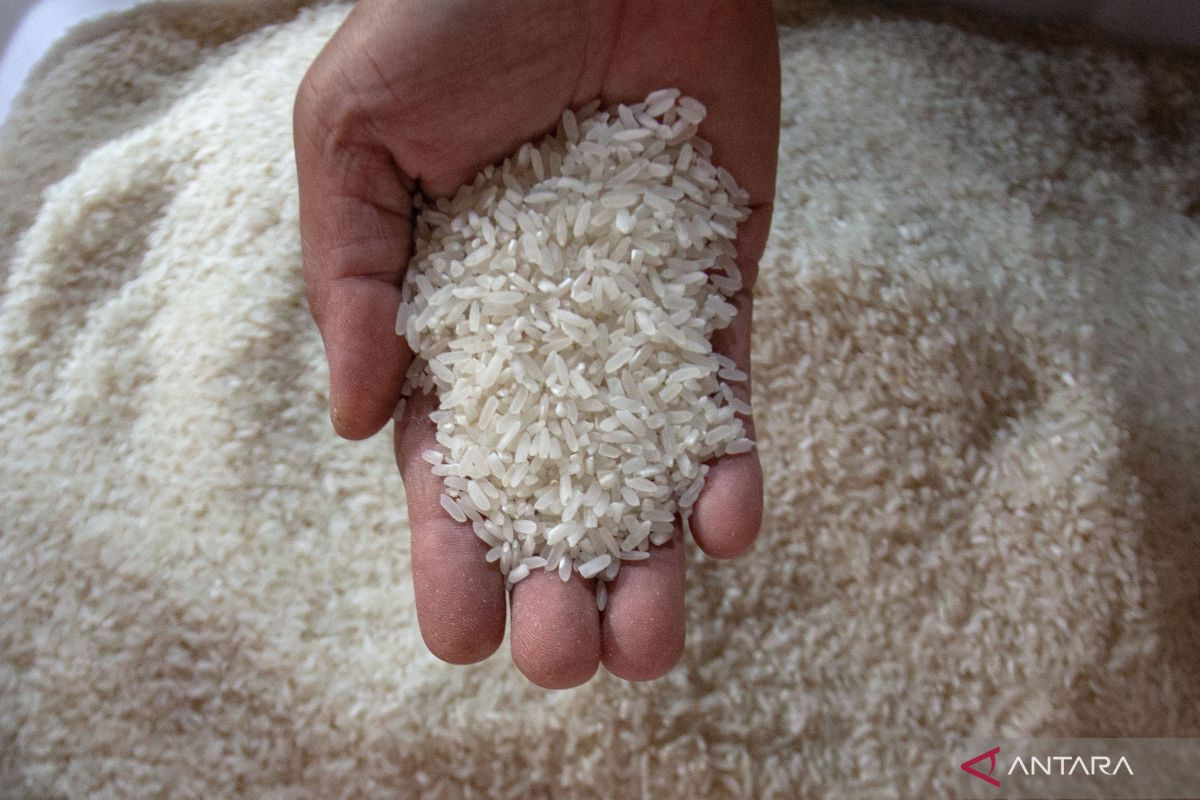Minister Andi Amran Sulaiman said on Friday that his ministry, in coordination with Polri, the AGO, and the National Food Agency (Bapanas), conducted an investigation into 268 premium rice brands. Of these, 212 were found to be non-compliant with government standards on quality, weight, or pricing.
Specifically, Sulaiman noted that 85.56 percent of the samples failed to meet premium quality standards, 59.78 percent were sold above the government’s maximum retail price (HET), and 21 percent weighed less than what was stated on the packaging.
He also highlighted illegal practices involving rice from the government's Food Supply and Price Stabilization (SPHP) program. In some cases, this subsidized rice was repackaged and sold as premium rice at higher prices.
“We have notified Polri and the AGO, and all the data has been submitted. The state must not back down in the face of food cartels,” he said.
Sulaiman argued that these violations may be driving up prices despite reports of a rice surplus.
The Food and Agriculture Organization (FAO) has projected Indonesia’s rice production for 2025–2026 at 35.6 million tons, surpassing the national target of 32 million tons.
“Previously, price increases were caused by limited supply. But now, prices remain high even when stocks are ample. That suggests something is wrong,” he said.
He warned that such manipulation could cost the public up to Rp99 trillion (US$6.1 billion).
To address the issue, the government has given businesses two weeks to correct violations and stop illegal practices.
“We will no longer tolerate rice being sold above the HET, below quality standards, or short in weight. Those who fail to comply will face legal consequences,” he stressed.
Meanwhile, Helfi Assegaf, head of Polri’s Food Task Force, confirmed that the violations represent a serious breach of the Consumer Protection Law.
Offenders, he said, could face up to five years in prison and fines of up to Rp2 billion (around US$123,500).
Related news: Government confirms rice exports to Malaysia, stocks safe
Related news: Food security to remain priority for two--three years: Prabowo
Translator: Muhammad H, Tegar Nurfitra
Editor: Anton Santoso
Copyright © ANTARA 2025











